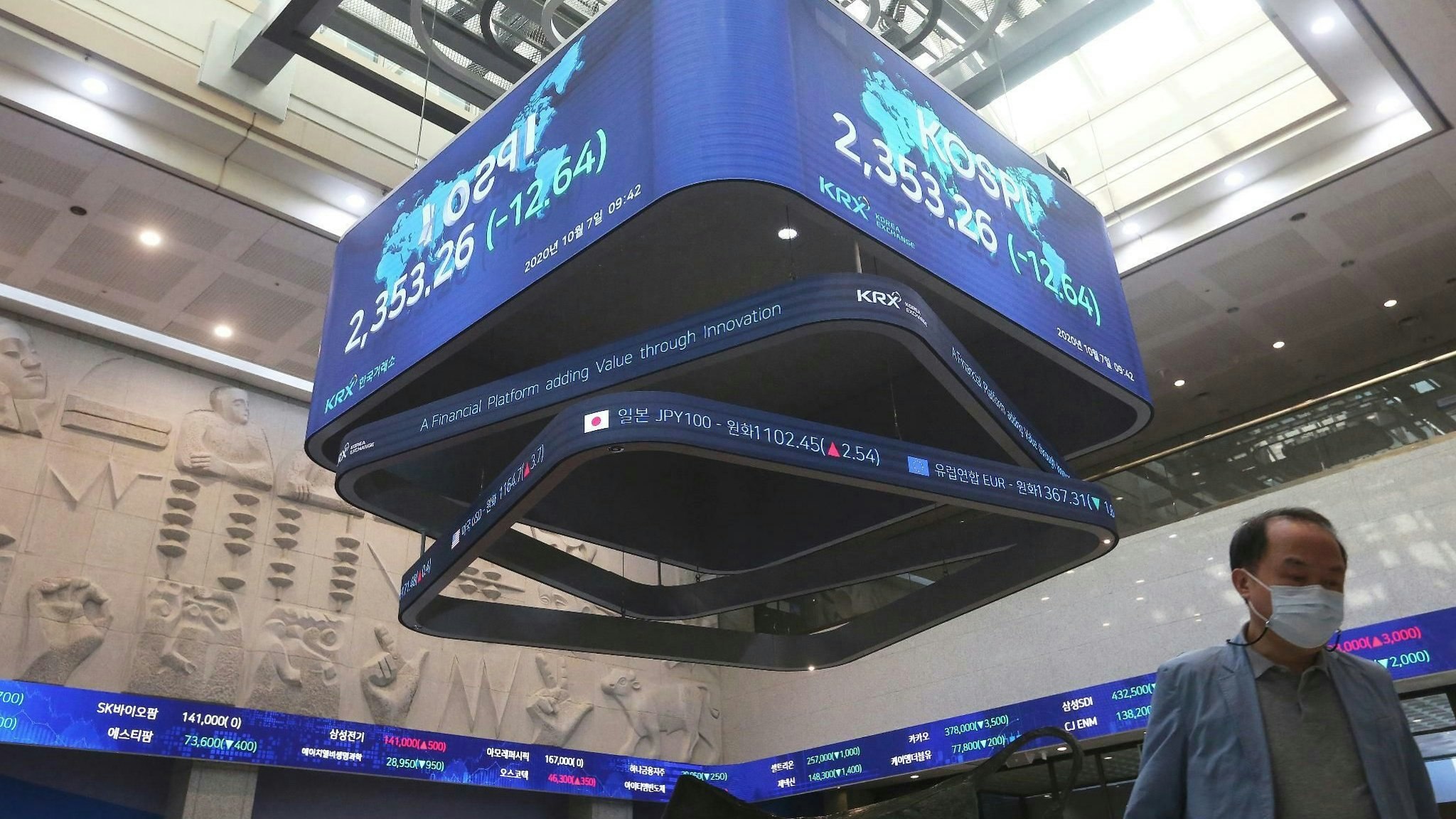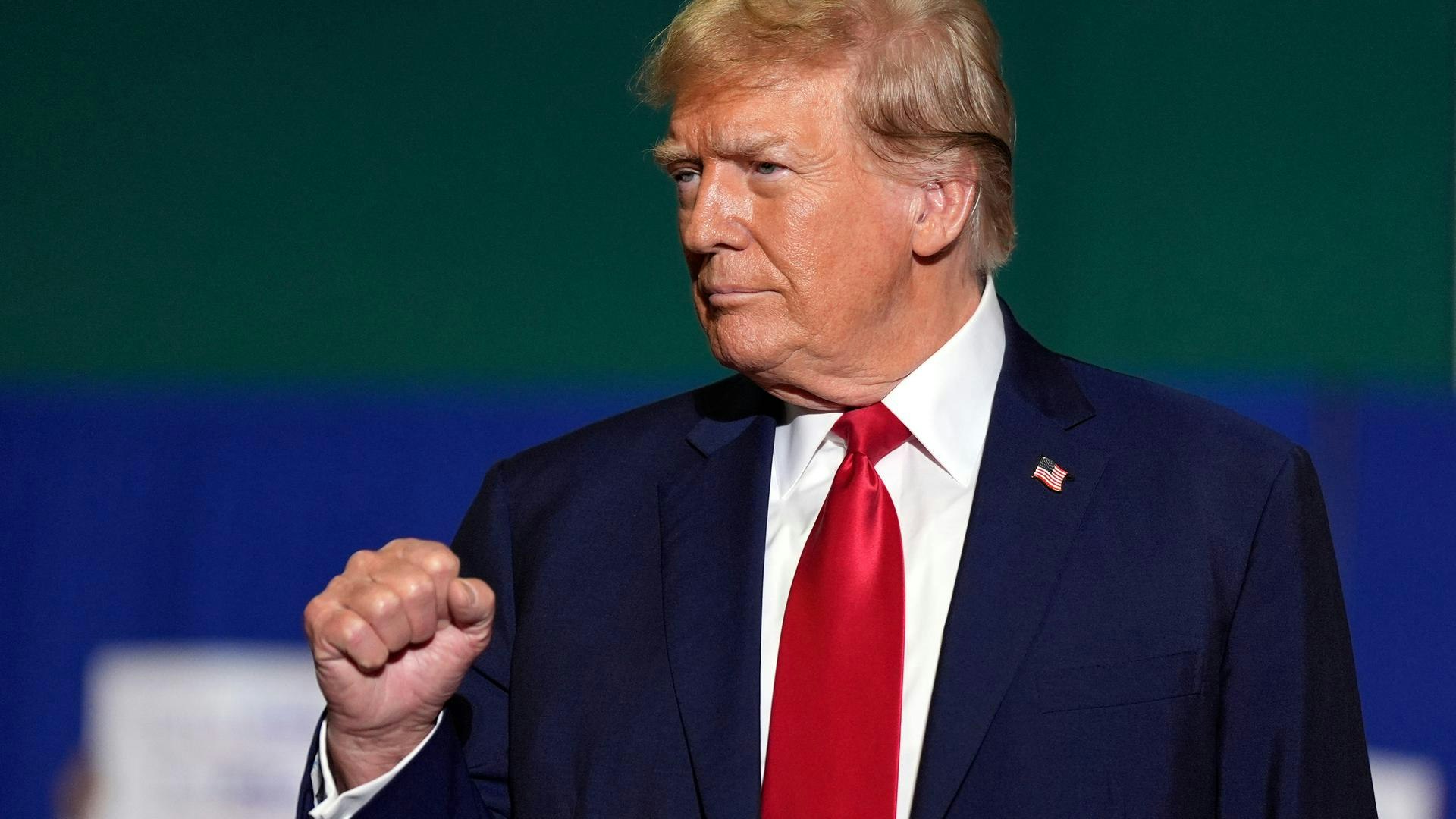Microsoft warned the Trump administration against introducing new export controls for artificial intelligence (AI) chips, as they could force American allies to switch to Chinese technology.
Brad Smith, president of the tech company, argued in a blog post on Thursday that the planned restrictions, set to take effect in May, would hit countries like Israel, India, and Singapore hard. He called the regulation a "strategic mistake" that could strengthen China's technology sector.
In its current form, the rule undermines two central priorities of the Trump administration: strengthening U.S. leadership in AI and reducing the nearly one trillion dollar trade deficit," wrote Smith.
The export controls initiated under Joe Biden are intended to prevent US technology from reaching China via third countries. They include a three-tier licensing system for AI chips, such as those from Nvidia, which are used for processing large amounts of data. While the G7 countries and Taiwan are exempt from the export restrictions, there are purchase limits for American AI chips for over 100 countries.
Smith warned that the planned measures overshoot the target and could make it easier for China to detach from US technologies. Companies like Huawei are currently pushing the development of their own AI processors such as the Ascend 910C, while the Chinese government is urging companies to move away from Nvidia.
Nvidia is already selling weakened versions of its chips in China to comply with US export controls. However, the new restrictions could further exacerbate the already tense geopolitical situation and throttle investments in AI data centers outside the USA.
This rule is a gift for China's rapidly growing AI sector," wrote Smith.
Microsoft has committed to investing around 80 billion USD in infrastructure and data centers this year. The company spent more on high-performance chips and graphics processors in 2024 than any other hyperscaler: 20 billion USD, compared to 14 billion at Google and 8 billion at Amazon, according to calculations by New Street Research.
Nvidia CFO Colette Kress told the Financial Times that the company was in talks with the Trump administration, but it was still unclear "what exactly the government will do" regarding the planned export controls.






